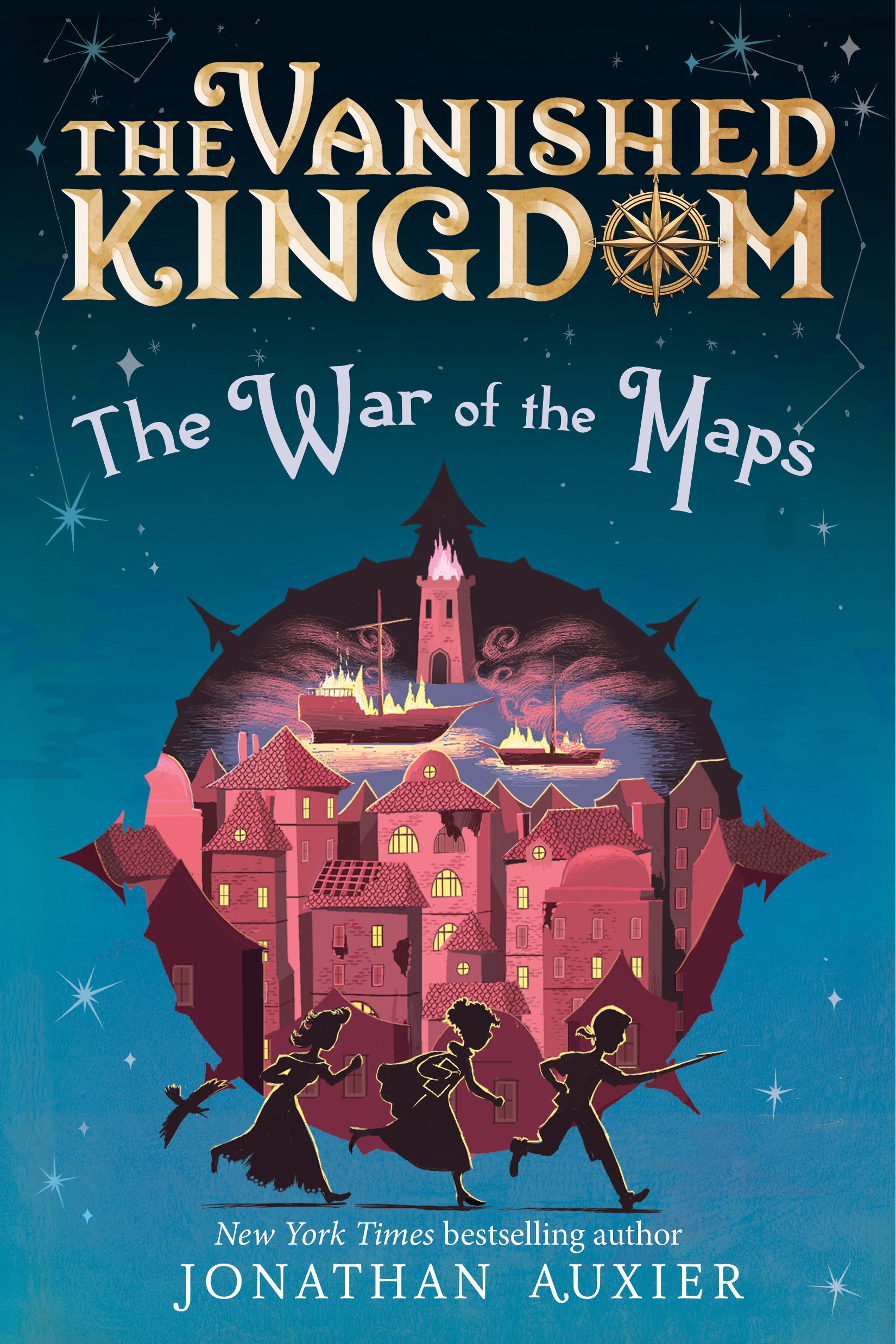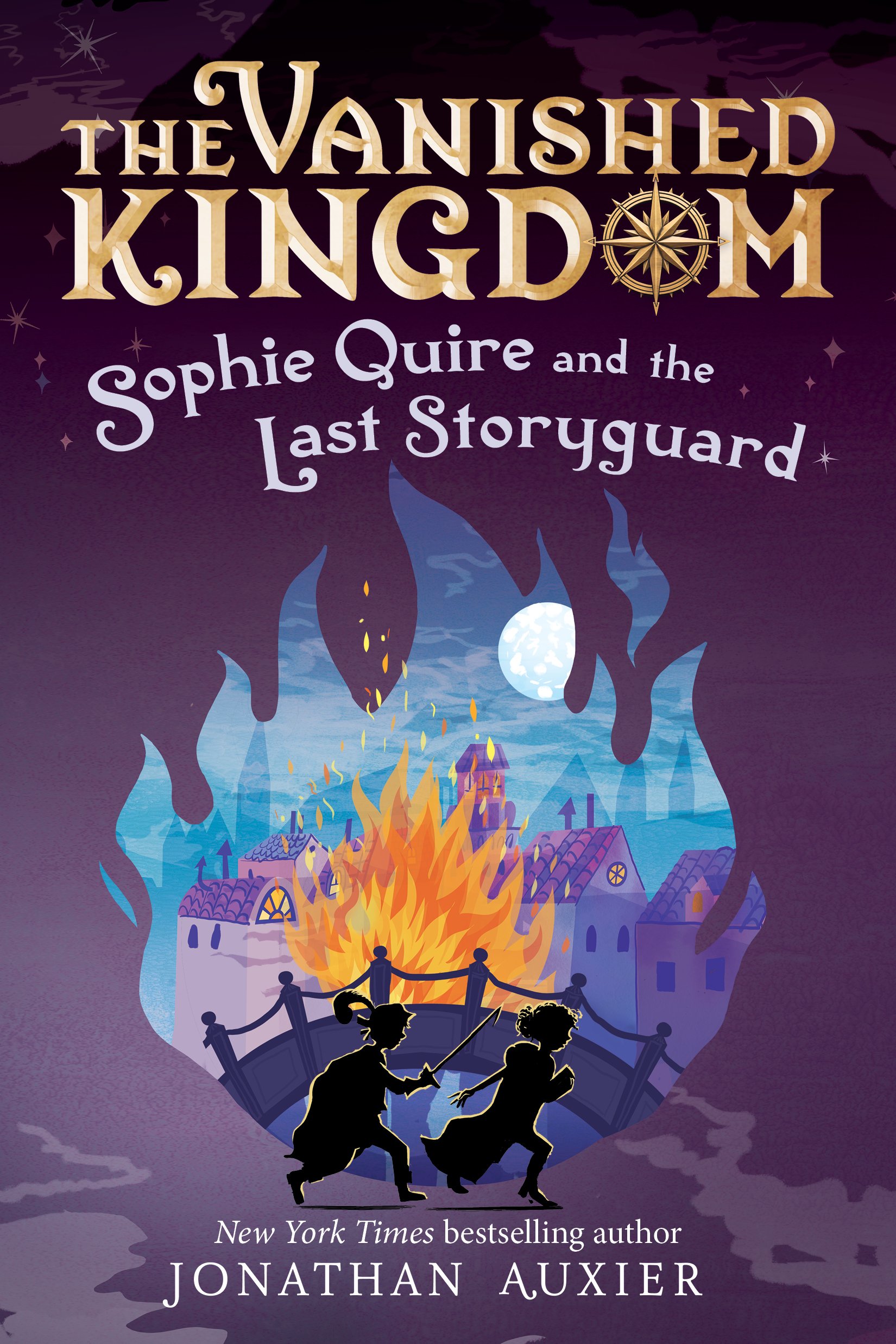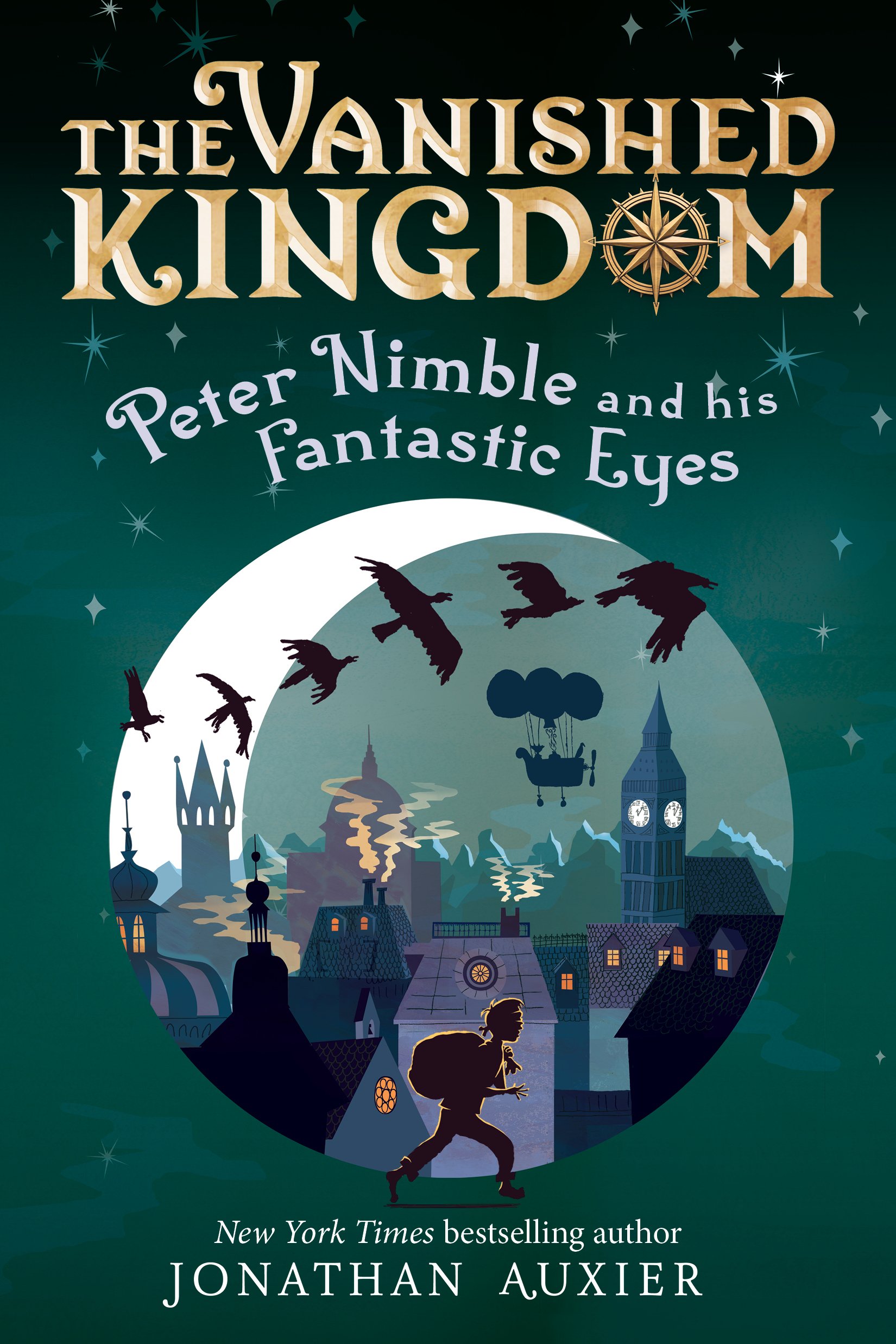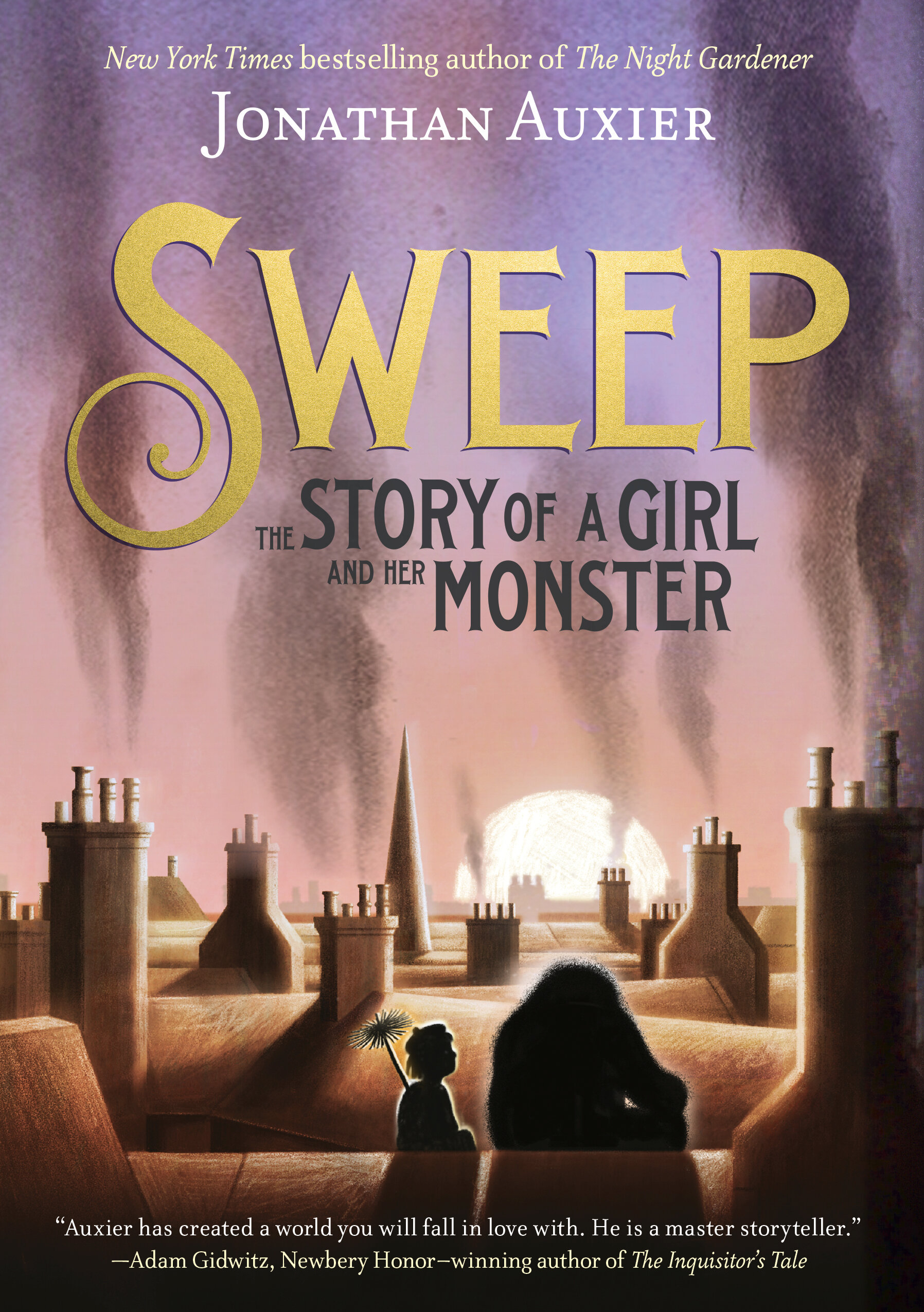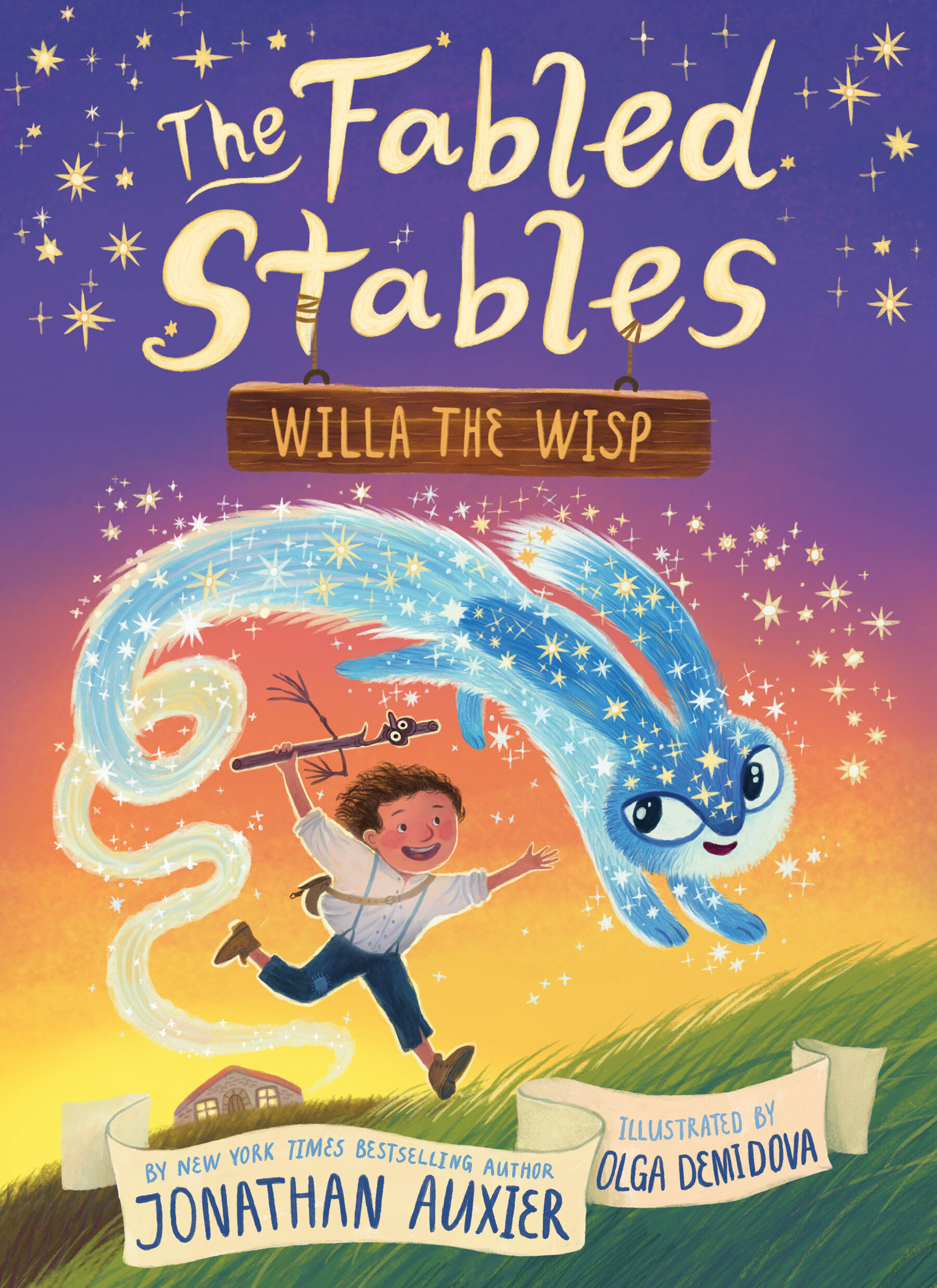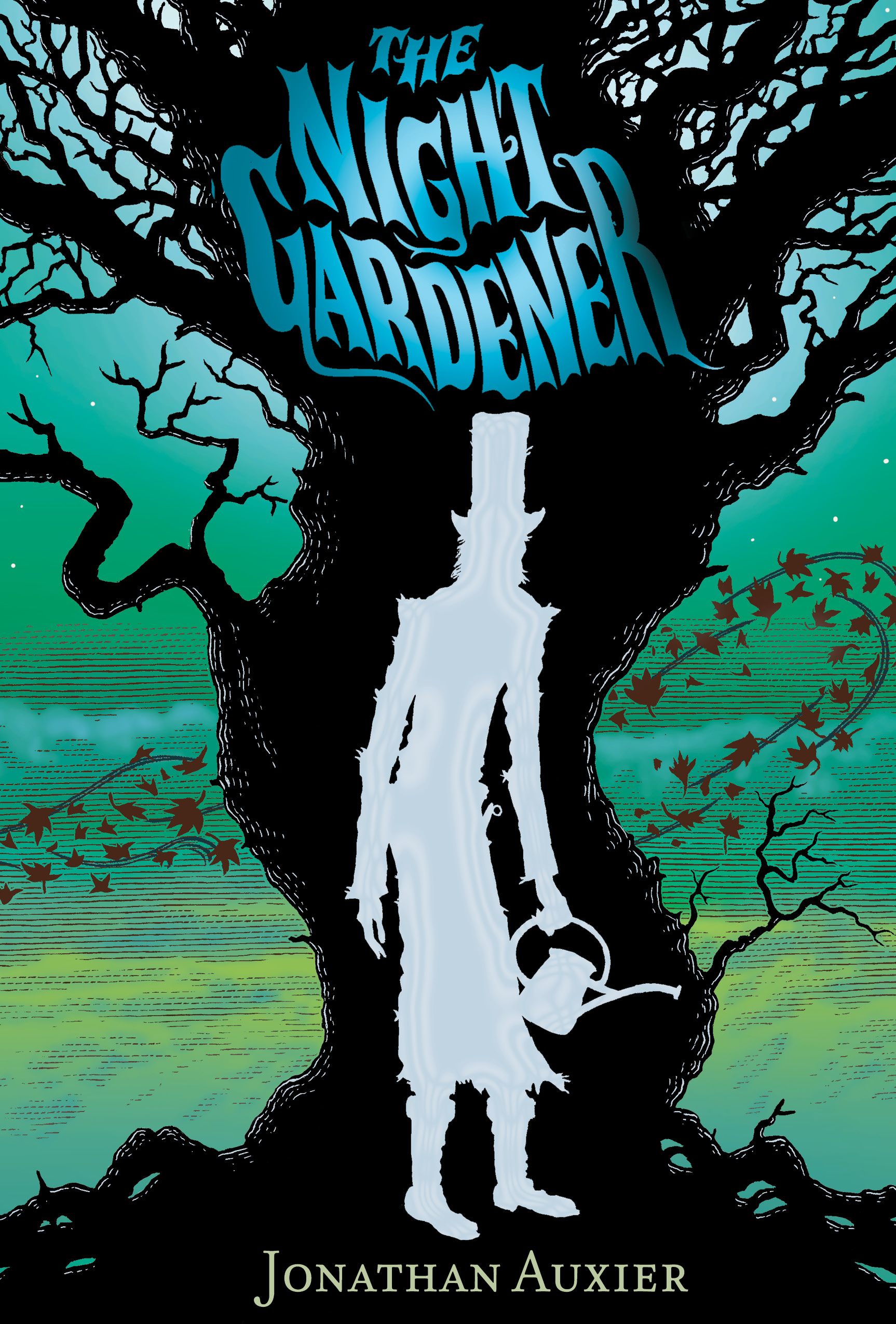Reading for Writers ...
/ Since relocating to Pittsburgh, I’ve been invited to teach at the MFA program at
Since relocating to Pittsburgh, I’ve been invited to teach at the MFA program at Hogwarts Chatham University. This is a thrill, as my students will be actual creative writers of Children’s Literature! It will also be a challenge.
The educational needs of creative writers are slightly different from those of straight academics. The questions/vocabulary/theories that serve scholarship aren’t necessarily the ones that help a writer become better at their craft.[2. For more on this difference, you can check out my post on poetics vs hermeneutics] The goal of this course will be to combine the reading list of an English Lit class with the vocabulary of a creative writing workshop.
I’ll be writing pieces on this blog about each of the books that we’ll be discussing in class.[3. Some readers will remember that I blogged through the Children’s Literature course I taught last year.] Here’s the first half of our reading list. You’re welcome to follow along!
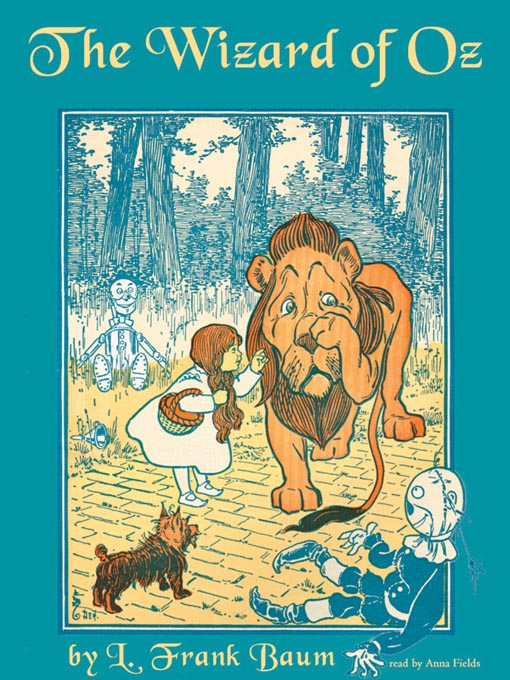 The Wonderful Wizard of Oz by L Frank Baum (1900)
The Wonderful Wizard of Oz by L Frank Baum (1900)
I’m not actually the biggest Baum fan. His books often feel like rambling journeys where each chapter has no relation to the larger story. The first book in his series, however, is a welcome exception. Even better, Baum’s famous introduction to that book is a great way to start a course on the genre -- it’s the Declaration of Independence of Children’s Literature.
 The Secret Garden by Frances Hodgson Burnett (1911)
The Secret Garden by Frances Hodgson Burnett (1911)
One of the recurring tropes in Children’s Literature is the creation of enchanted spaces -- especially ones that are controlled by children. What better example of this than a book that manages to create such spaces without needing to resort to magic?[4. My one regret is that I will not have space in the course to pair this book with its natural bookend: Bridge to Terebithia]
 The Adventures of Huckleberry Finn by Mark Twain (1885)
The Adventures of Huckleberry Finn by Mark Twain (1885)
Now that last year’s Huck Finn debacle seems to have blown over, it seemed like it might be fun to explore this book -- one of the rare children’s literature titles that has gained full acceptance in the larger canon. From a writing perspective, it will also provide a chance to examine the quest narrative in greater detail.
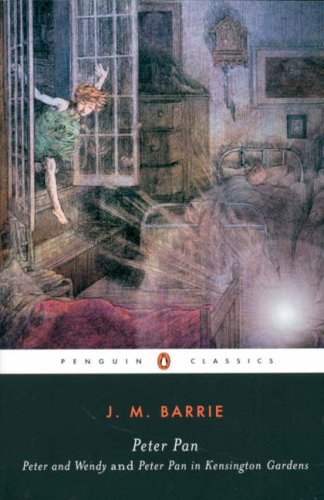 Peter and Wendy by JM Barrie (1911)
Peter and Wendy by JM Barrie (1911)
My love of this book is well documented.
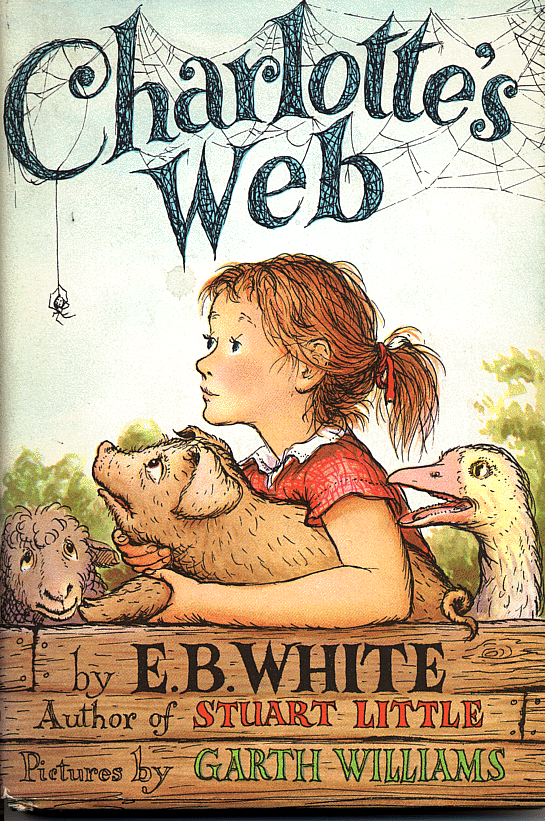 Charlotte's Web by EB White (1952)
Charlotte's Web by EB White (1952)
I'm actually more of a Stuart Little guy myself, but with this book recently topping the School Library Journal's list of Top 100 Children's Books, I thought it would be worth looking at. One of the things I love about Charlotte's Web is how (seemingly) effortlessly it manages to combine prosaic American farm life and talking-animal magic -- with Charlotte being the nexus between those two worlds.


